Meta vs the FTC: Meta claims WhatsApp and Insta acquisition wasn't monopolistic
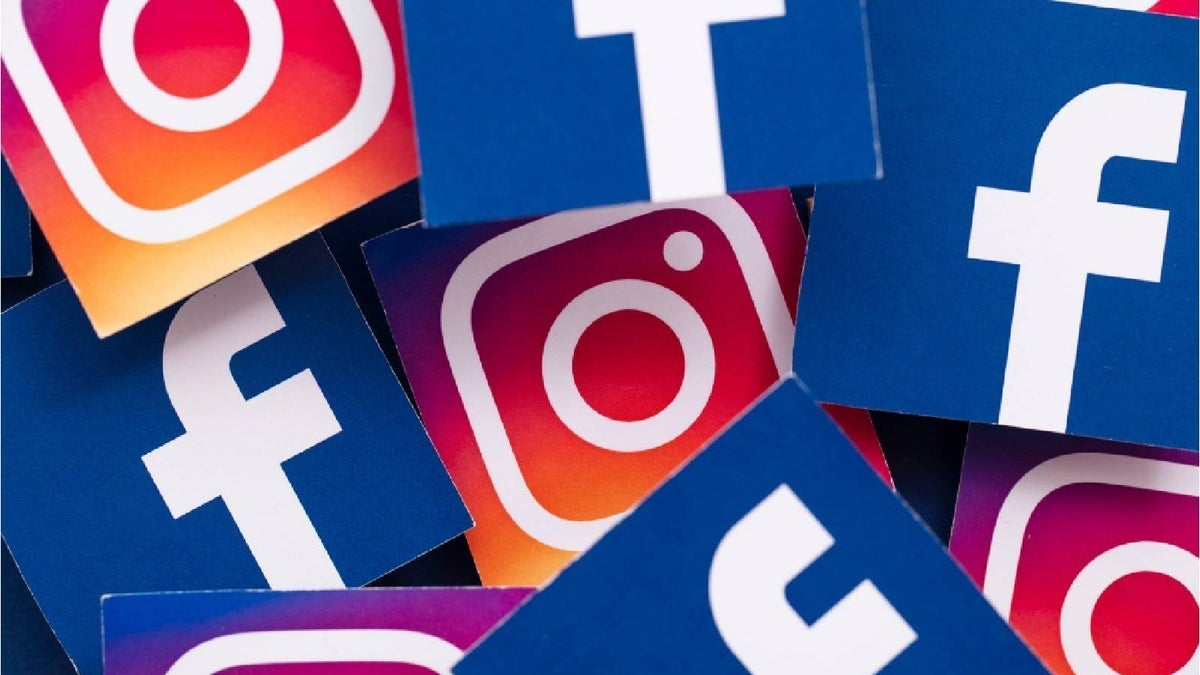
Meta and the FTC are currently in a legal fight over whether or not Meta acquiring WhatsApp and Instagram was a monopolistic move. The FTC claims that the practice was indeed monopolistic, but Meta is trying to dismiss this claim, reports Android Headlines.
In the ongoing legal battle, Meta claims that Instagram and WhatsApp's acquisition was to the benefit of consumers. The company has now filed a motion for summary judgment in its lawsuit against the US FTC. Basically what it is is an attempt to get the court to dismiss the case. Meta claims the FTC doesn't have evidence to support its claims.
Meta insists that it didn't become a monopoly after acquiring WhatsApp and Insta. Also, the social media giant highlights that it is facing fierce competition from a multitude of other platforms like TikTok, X, YouTube, and Snapchat.
The second point Meta makes is that its acquisition of WhatsApp and Instagram has benefited consumers. As the company claims, it has spent "billions of dollars" and invested "millions of hours" to make both these apps better, more reliable, and more secure.
Back in 2021, DC District Court Judge James Boasberg accepted Meta's motion to dismiss the FTC's complaint, but the judge did give the FTC a chance to file an amended complaint which was then allowed to proceed.
Meta claims that in the FTC complaint, the market definitions are "unreasonably narrow". It seems like the FTC has excluded platforms like TikTok and YouTube from the market it is focusing on. The market instead only includes Facebook, Insta, Snapchat, and MeWe, claims Meta.
It is now FTC's turn to respond. As with any legal battle of the sort, these back-and-forth court filings may continue for months before a resolution is found.
Meta tries to get the Federal Court to dismiss the FTC's antitrust lawsuit
In the ongoing legal battle, Meta claims that Instagram and WhatsApp's acquisition was to the benefit of consumers. The company has now filed a motion for summary judgment in its lawsuit against the US FTC. Basically what it is is an attempt to get the court to dismiss the case. Meta claims the FTC doesn't have evidence to support its claims.
The second point Meta makes is that its acquisition of WhatsApp and Instagram has benefited consumers. As the company claims, it has spent "billions of dollars" and invested "millions of hours" to make both these apps better, more reliable, and more secure.
Meta claims that in the FTC complaint, the market definitions are "unreasonably narrow". It seems like the FTC has excluded platforms like TikTok and YouTube from the market it is focusing on. The market instead only includes Facebook, Insta, Snapchat, and MeWe, claims Meta.
It is now FTC's turn to respond. As with any legal battle of the sort, these back-and-forth court filings may continue for months before a resolution is found.
Follow us on Google News


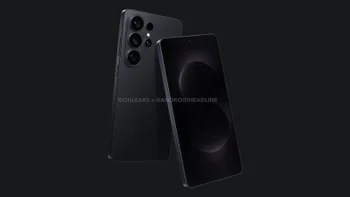
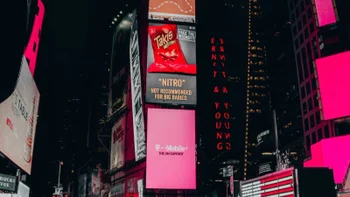
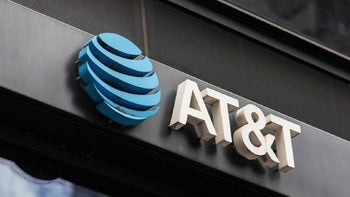
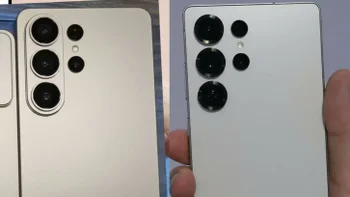
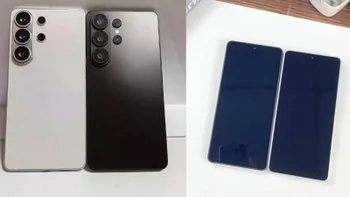
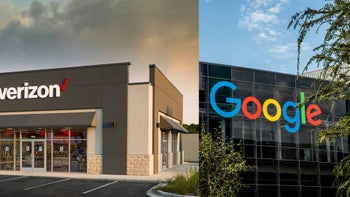






Things that are NOT allowed:
To help keep our community safe and free from spam, we apply temporary limits to newly created accounts: